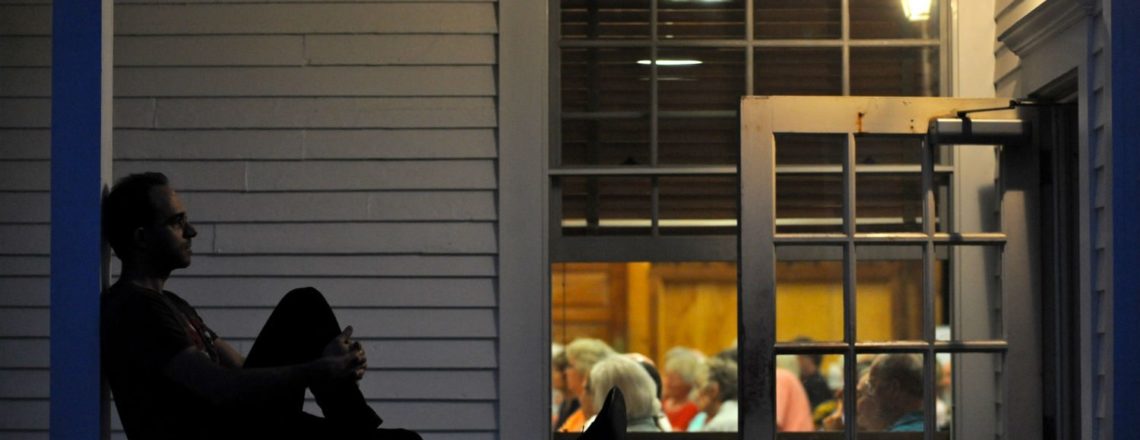In 1999, in the middle of my third summer at Marlboro, I left to play with the Buffalo Philharmonic. This being a summer orchestral concert, there was only one rehearsal – the dress rehearsal – on the day of the concert. It was my first time playing the Beethoven 2nd Concerto, and as is usual when I play a piece for the first time, there were many things in the rehearsal which surprised me, and which I wanted to try again. But the concerto is 28 minutes long, and the rehearsal was something like 32 minutes long, so most of these places remained, shall we say, unexplored. After these 32 minutes, we played the concert, and given that the musicians were extremely professional, everything went fine.
As it happens, the last 32 minutes of rehearsal I’d had before leaving Marlboro for this trip were on the Brahms A Major Piano Quartet. Actually, to be precise, they were on the second subject of the last movement of the Brahms A Major Piano Quartet. At the time, most of my experience rehearsing was as a student at a conservatory, not as a soloist with orchestras, and so I felt that this – a schedule which allows one to “unpack” the music – was the norm, and that the Beethoven experience I was to have the following day was the exception. The intervening years have disabused me of this notion: the manner in which one works at Marlboro is not merely an exception – it is a utopia.
I’ve heard many descriptions of what Marlboro is about – these vary from discussions of the egalitarian vs. elitist question on the highbrow end of the spectrum, to napkin ball fights and pranks on the other – but to me it’s clear that Marlboro is really just about time. More specifically, it is about the idea that time is the most precious commodity, and the most important ingredient in a musician’s life. When I look back at my summers at Marlboro, I realize that I have learned more from some of my rehearsals there – not just in the groups that ”clicked”, but the ones with protracted discussions about a single phrase which ultimately led to no definite conclusions, and certainly not to a performance – than I have from scores of concerts I’ve played that went off without a hitch. Because the time Marlboro affords you is a reminder that sometimes playing music doesn’t have to be about an end goal like a performance or a recording; sometimes the exploration and the love of the music itself is point enough. Again: utopia.
So while I do associate Marlboro with the many pieces I learned (the Ravel and Schumann d minor Trios, Schubert’s Lebenssturme, that Brahms Quartet) or first heard (Mozart’s E flat String Quintet, Janácek’s Intimate Letters, Thomas Adès’ Arcadiana) there, the many, many friends and colleagues I met, and the master musicians who remain mentors but in many cases have also become friends, when someone mentions Marlboro to me, what I think about is time. Or rather than think about it, I feel it: my heart rate slows, my ears open wider, and I sense life’s possibilities enlarging. Simply put, for me to think of Marlboro is to think of what it feels like to be a musician.



